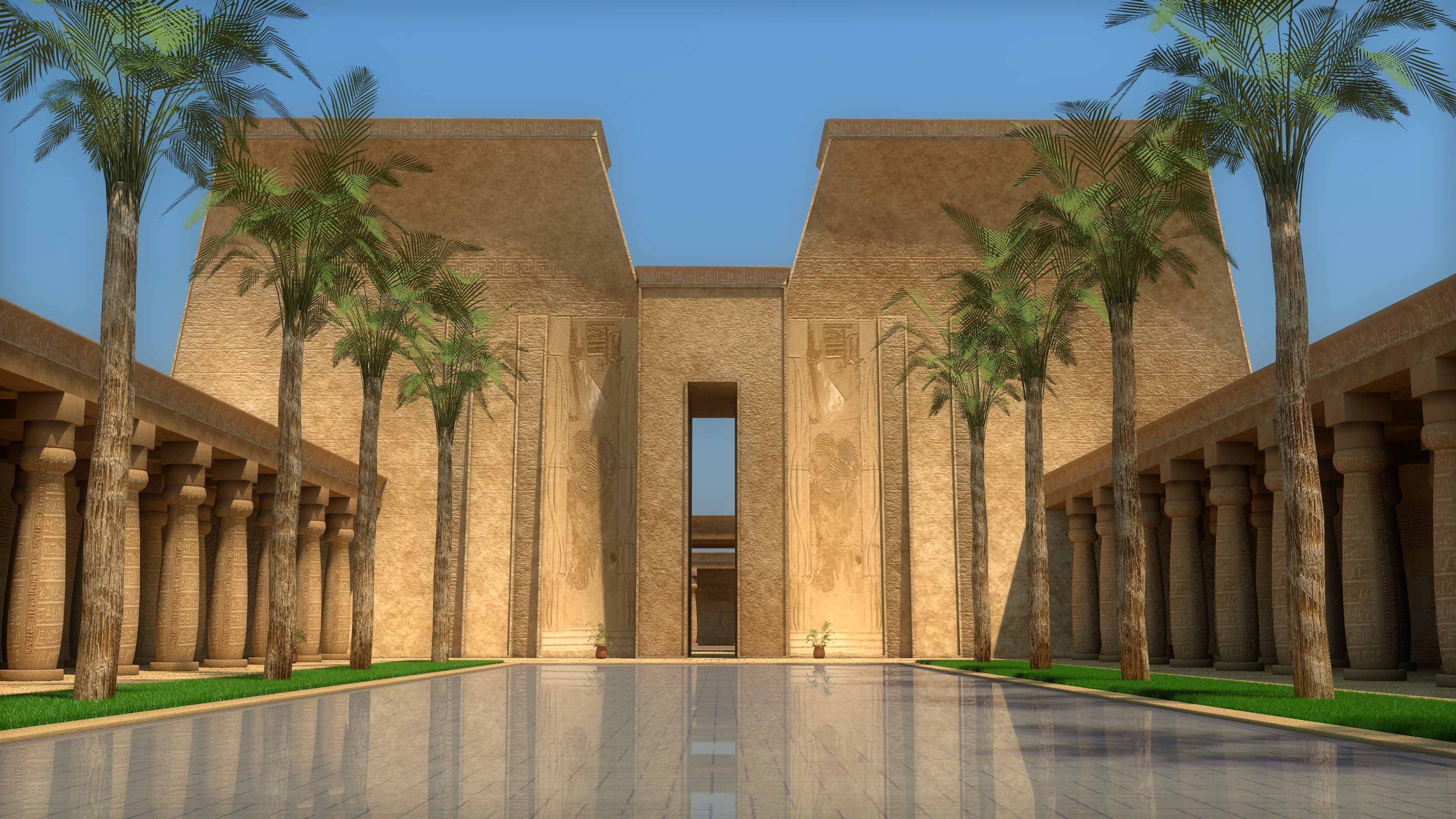
A fairy tale from the Orient and its African context
September 2017
We go back to the middle of last century to a poverty stricken and small coastal village in the Orient, bordering on the Arabian desert. The village is inhabited by a few thousand pearl divers, fishermen, and local traders.
Then suddenly in the 1960`s oil and gas is discovered, with oil comes prosperity to the village and within a few years, more than 50% of the local Gross Domestic Product is gained from oil revenues. At that point, the Ruler of the village showed great foresight, he understood, that the natural oil and gas reserves would only last for a few decades to come.
Hence, the Ruler decided to use the oil revenues strategically, to create a diversified and sustainable economy, independent of oil and gas earnings. For that matter, he created a liberal economic framework, including a Free Trade Zone, expanded and modernized the Port, and fostered the Financial Centre.
At the same time, he embraced opportunities in tourism and recognized the paramount importance of a modern and effective air transport infrastructure. Around 1970 the Ruler ordered to turn the local airfield into an international airport.
About 15 years later, we now write the year 1985, the former fishing village had in the meantime grown into a respectable-sized city with a steadily growing economy. To enhance this growth further the Ruler decided to launch an airline. Consequently, the airline was started with only two rented airplanes, conducting some regional flights.
Today, the oil industry of this former village contributes less than 5% to the Gross Domestic Product. 26% of its GDP or in other words; approximately US$ 27 Billion US per annum, is earned by the two international airports and the locally based airlines and its aviation related businesses.
Since 1985 a major intercontinental airline was built, which today operates more than 260 wide body aircraft, including a continuously growing fleet of Airbus A380 Super Jumbos. With these airplanes, more than 56 million passengers are flown annually from and through its global hub, flying to over 150 destinations across six continents. The local aviation sector supports more than 400`000 jobs related to the air transport industry.
You probably have guessed it by now; the former Pearl diving village is today known as Dubai, in the United Arab Emirates.
The late visionary Sheik Rashid bin Saeed Al Maktoum was the driving force behind transforming a modest coastal village into a cosmopolitan metropolis, and an important place for business, or as they like to call it on CNN; “The center of now”.
HH Sheik Rashid, as well as his son HH Sheik Mohammed, today’s ruler of Dubai, have early on recognized the paramount importance and the tremendous potential of a powerful air transport infrastructure. Without the international airports and the strong incumbent airline, Dubai would never have experienced such a phenomenal development and success, neither financially nor socially.
I had the privilege to experience a short 10-year period of that exciting story and observe the sensational growth of Dubai. When I left the Arabian Gulf, I decided to remain inspired by the visionary and entrepreneurial spirit of the Emirati leadership.
Today I advise African private sector companies and government entities on aviation policy and strategy. On many occasions, I have discussions with my clients about what can we learn from Dubai’s success story and what strategies can and should be emulated for African nations. Can the “Dubai model” be copied one to one? Of course not, and no attempts should be made in blindly replicating the Dubai model. However, the case proofs once again that a nations prosperity and economic success are unthinkable without a strong air transport infrastructure and this is even more true for landlocked countries without trade ports. Every country needs an airline to contribute to the national economy, by bringing tourists, by creating jobs, by offering business opportunities and therefore making a great contribution to the development of a nation.
As HH Sheik Rashid recognized early on, an airline cannot be run in isolation to create a lasting and sustainable effect on the economy. Nevertheless, with a comprehensive national economic policy, embracing multiple industry sectors such as energy, trade, and tourism and by creating a solid framework for the aviation industry, a locally based airline can have an almost immediate and lasting impact on national prosperity.
In many respects, Africa is in a very favorable position regarding its geopolitical location, its vast natural resources, its natural beauty, and diversity and yet it has not fully unleashed its potential. Despite countries like Rwanda, Ethiopia, and Kenya successfully capitalizing on opportunities in the aviation sector, there is still a lot of upside potential across the African continent.
Ashish J. Thakkar (African entrepreneur and author of the book The Lion Awakes) says it best: “The Indian Tiger and the Chinese Dragon have had their turn, now it’s time for the African Lion to roar!”
Let’s continue to develop the African aviation industry and the “roaring lion” will be heard on far-flung continents.
Oliver Meier
In the 1980`s, while accompanying his father on business trips to Madagascar, Kenya, and the Seychelles, Oliver fell in love with Africa. Later, as an international airline pilot for a major middle eastern airline, he has flown to 20 of the 55 African countries and is today assisting African private sector companies, investors and government bodies in realizing their ambitious visions in the aviation sector. Oliver holds an MSc in Air Transport Management from City University London and has more than 20 years’ experience working for Emirates Airline, Gulf Air, Swiss International Airlines and other major international carriers. For more information visit: www.metrocore.aero

